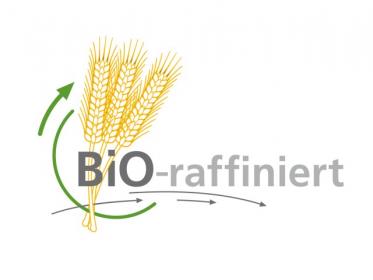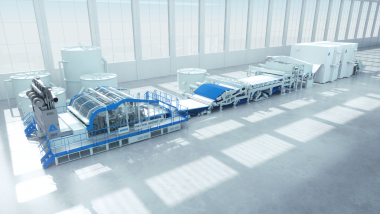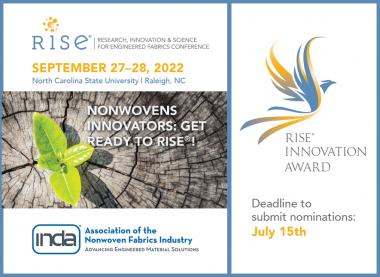adidas launches its first product in collaboration with Spinnova
The adidas TERREX HS1 is one of the first knitted products to be made in part with Spinnova technology. At least 30% of the fabric in this mid-layer hiking hoodie comes from wood-based SPINNOVA® fibres (other fibres)* and 70% from cotton (organic).
Adidas is committed to helping End Plastic Waste via a three-loop strategy that consists of using recycled materials, materials that can be made to be remade and in the case of Made with Nature, products created in part with natural ingredients, such as the adidas TERREX HS1.
The first product to emerge from this partnership, the adidas TERREX HS1 mid-layer is a piece of multi-functional gear that works on the trails and then rolls up into its hood for easy storage or to create a pillow on longer adventures. It was designed using UNITEFIT – an all-gender fit system created with a spectrum of sizes, genders, and forms in mind.
Made in part with Spinnova technology , a minimum of 30% of the fabric in the adidas TERREX HS1 comes from wood-based SPINNOVA® fibres (other fibres)* that are made by grinding wood pulp with water into a paste and then spun into a textile fibre.
The product also works with the material’s natural color. Since no dyeing or bleaching is applied, in turn this uses less water compared to the standard dyeing process.
* (Rayon) in US, (New type of cellulose fibre) in China





























